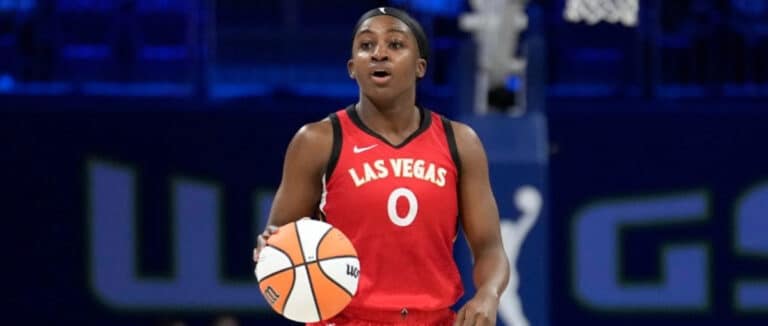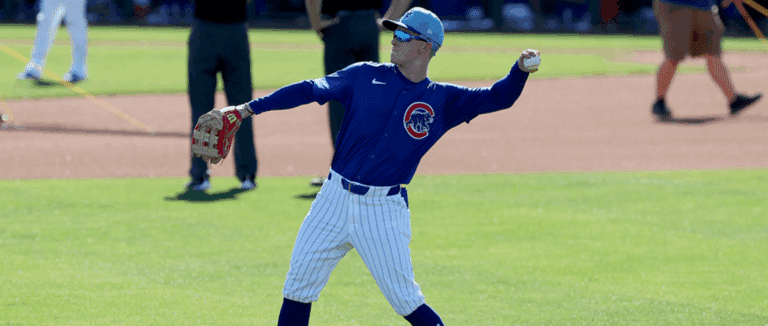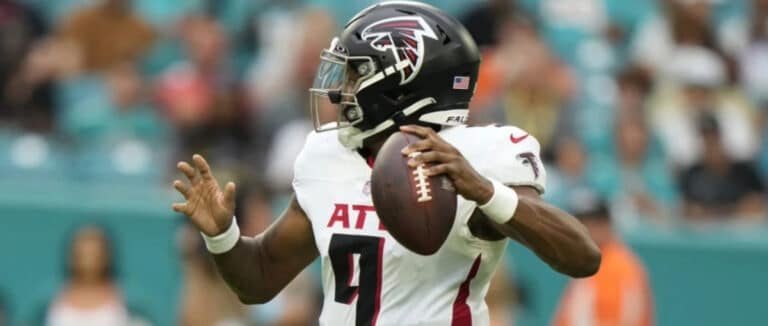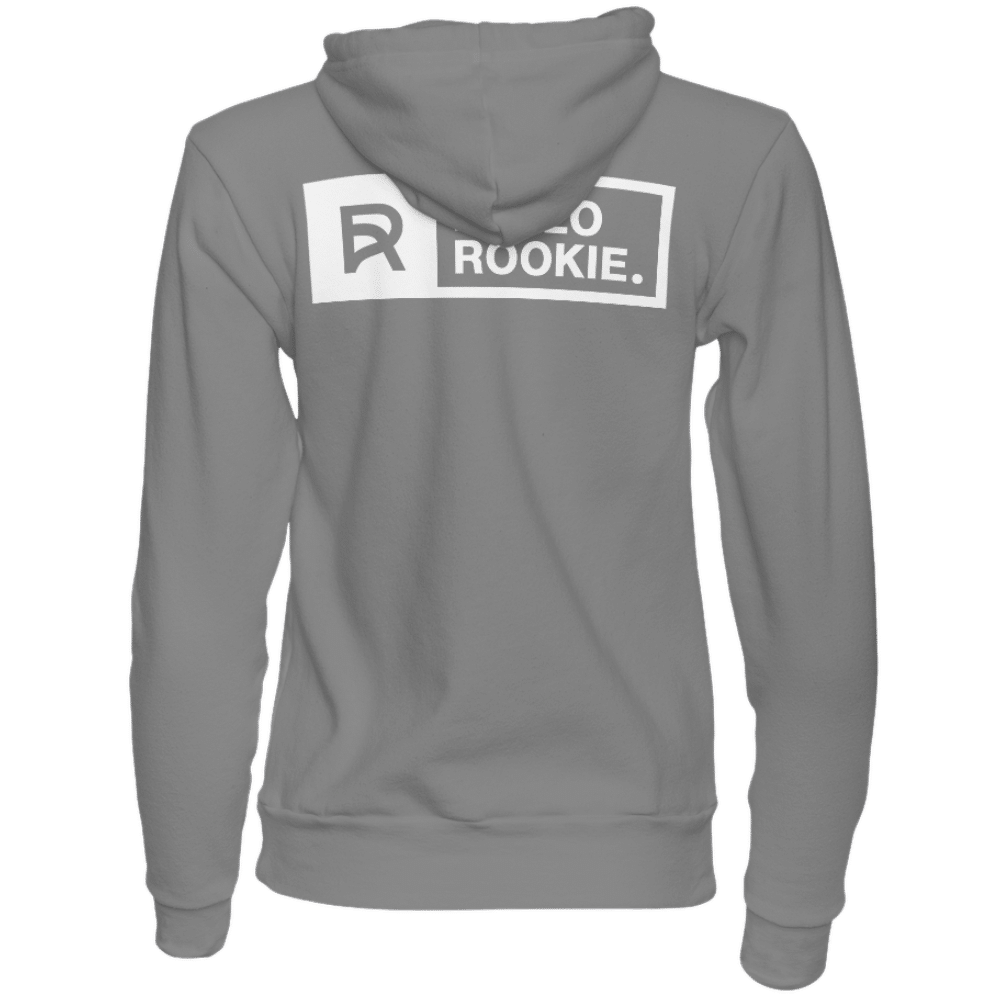3 Sports Betting Strategies To Win More Money!


Sports betting can be thrilling, but it’s not just about luck. To consistently make money, you need smart strategies. Let’s dive into three key strategies that can help you win more money in sports betting, with examples from the current MLB season.
Bankroll Management
Bankroll management is the cornerstone of successful sports betting. It’s not talked about nearly enough, but when you want to be a pro bettor, it’s easily the number one factor you should be focusing on. It’s what separates the novice from the pros.
Bankroll management is about setting a budget you can afford to lose and sticking to it. A good starting point is no more than 1-5% of your bankroll for any given bet. This disciplined approach ensures you don’t blow your entire bankroll on a single bad day. While we always recommend against betting with emotions, sometimes you will need to ensure your bankroll is there even after heavy losses.
Think of it like this. You’re betting hard on MLB games. You love the pace of the game and the strategy mixed with deep analytics. You decide your bankroll for the season is $1,000. To manage your risk, you choose to bet 2% of your bankroll on each game, which is $20 per bet. This way, even if you hit a rough patch and lose several bets in a row, you’re not wiped out, and you sit out the rest of the season. Instead, you can withstand the losses and keep betting strategically, getting you all the way to the postseason.
By managing your bankroll effectively and coming up with a plan for each bet, you can stay in the game longer and take advantage of winning streaks when they come. Remember, betting is a marathon, not a sprint. Proper bankroll management keeps you in the race all the way through the season. As long as your bets outpace the S&P 500 over the long term, your bets will be more lucrative than the stock market.
Line Shopping
Did you know that not all sportsbooks offer the same odds for each game? Sure, many are the same, but there are always a few that stand out as better odds — for you.
Line shopping is comparing the odds offered by different sportsbooks for the same event or bet to find the best value.
This might seem tedious, but it can significantly increase your profits over time. Fortunately, we provide a tool to help you shop the odds and find the best ones.
Let’s say you’re betting on the Rays at the Yankees. DraftKings currently offers the Yankees at -170, while Bet365 offers them at -160. By placing your bet with DraftKings, you risk less money for the same potential win. Of course, this is just an example. Sometimes, Bet365 will be better, and others, DraftKings might be better. But there are countless sportsbooks to compare.
Here’s how it works: if you bet $100 on the Yankees at -170, you would win approximately $158.82. But if you bet $100 at -160, you win around $162.50. That’s an extra $3.68 just for choosing the better odds. Over a season, these small differences add up to a significant amount of money.
There are usually bigger odds spreads than this. The NY Yankees just happen to be one of the hottest teams in the league. However, odds shopping works across all bets and sports, so you can take advantage of these small differences all year long.
To succeed with line shopping, you need accounts with multiple sportsbooks and the diligence to compare odds before placing bets. In the long run, this strategy can give you a massive edge. It’s definitely worth the time if you plan on betting more often.
Hedging Your Bets
There’s a good chance that you’ve heard of the term “hedging your bets,” but there’s a reason for that. It’s a popular strategy in the sports betting industry.
Hedging is a strategy that involves placing a bet on the opposite side of an existing bet to lock in profits or minimize losses. This approach is really useful in futures betting or when the odds shift during live betting.
Imagine you placed a futures bet at the beginning of the MLB season on the Atlanta Braves to win the World Series at +800. As the season progresses, the Braves make it to the World Series. To hedge your original futures bet, you could place a bet on their opponent. If the opponent’s odds are +150, you can bet enough on them to guarantee a profit regardless of the outcome.
Suppose your original bet was $100 on the Braves at +800, which would net you $800 if they win. Now, bet $400 on their opponent at +150. If the Braves win, you get your $800 win minus the $400 hedged bet, netting $400. If their opponent wins, you get $600 from the hedged bet minus the original $100, netting $500. Either way, you come out ahead.
Hedging can also be used in live betting in a similar way to the futures bets we described. Say you’re watching a game between the Boston Red Sox and the Chicago Cubs. You bet on the Red Sox to win at -110 before the game starts, but the Cubs take an early lead in the 3rd inning. The live odds shift, and you can now bet on the Cubs at +150. Placing a hedge bet on the Cubs to win means that you limit your losses or even guarantee a small profit.
Hedging requires careful calculation and timing. It’s not always a guaranteed win, but it’s a powerful tool to protect your bankroll and lock in profits when it works out. Whenever the opportunity presents itself, always hedge your bets. After all, you want to maximize your profits while minimizing your risk.
These Sports Betting Strategies Work!
Winning more money in sports betting requires more than just luck. You need smart strategies. Effective bankroll management keeps you in the game during losing streaks, while line shopping ensures you get the best value for your bets. Hedging your bets can secure profits or minimize losses, giving you more control over your outcomes.
Using these three strategies together means you’ll make more money over time. That’s what sports betting is all about, right? Bet smart and win more with these sports betting strategies!

Matt Brown
Head of Sports Betting and DFS
Matt’s love for sports betting and daily fantasy sports, coupled with a deep understanding of football, hockey, and baseball, shapes his innovative thoughts on Hello Rookie. He has a B.S. in Aeronautical Computer Science and a M.S. in Project Management.







